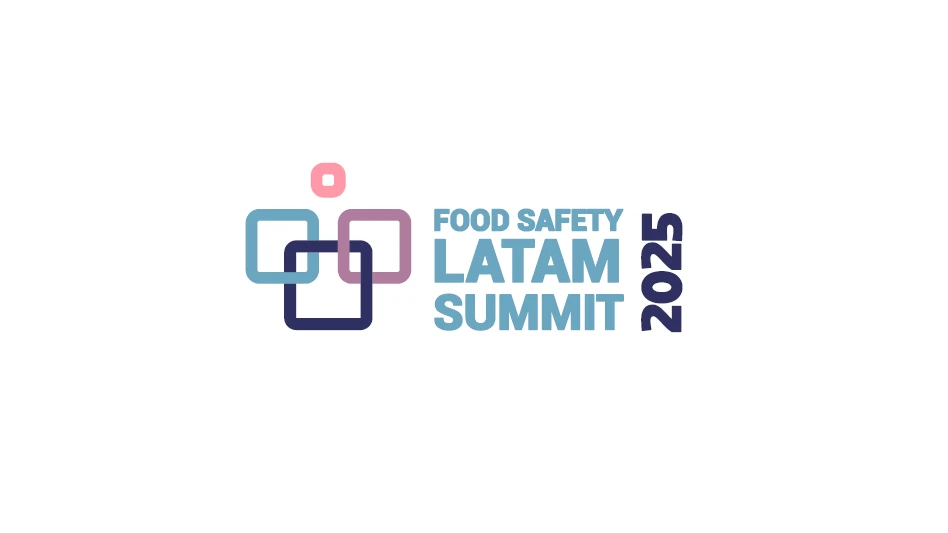The focus has been building for the last decade. Food defense took the spotlight in the years following September 11, 2001; the European Food Safety Authority was set up in 2002 as part of a program to improve food safety and confidence in the EU’s food supply; in 2007, FDA put out its Food Protection Plan, encompassing both safety and defense; then a bevy of recalls – from the Chinese melamine incidents to the California E. coli-tainted spinach; from Canada’s Listeria-contaminated meat to Mexico’s salmonella-laden peppers – provoked industry, consumer and regulatory reaction.
Each of these recalls heightened the reaction and calls for reform, but it was the questionable ethics of the PCA peanut debacle, impacting nearly 4,000 upstream products, that is bringing the predominantly self-policed food industry to a crossroads.
As such, 2009 is likely to go down in history as the year food safety regulation took a turn—with better or worse to be dependent on one’s viewpoint.
Since taking office, President Barack Obama made it clear that his administration would make food safety a key focus.
A first major initiative was the Food Safety Enhancement Act of 2009 (HR 2749 which passed in the House July 30). The bill has been strongly supported by some and just as intensely opposed by others; decried as too strict for small farms but too weak to protect consumers; considered by many to be well-intended but failing to address the underlying problems of food safety.
HR 2749 was fast-tracked until President Obama’s Food Safety Working Group (FSWG) was introduced in early July, and its “new approach to food safety” took headlines with its emphasis on prevention, surveillance, enforcement, response and recovery.
But such focus is certainly not limited to the United States. In July, the Codex Alimentarius Commission concluded a week-long meeting in which it adopted more than 30 new international standards, codes of practice and guidelines to improve worldwide food safety and protect the health of consumers; China is continuing to increase its efforts toward regulating food safety; and the EFSA and other European agencies continue to watchdog foods on that continent.
Through it all, the debates continue as to whether our food is truly less safe or the tests simply more effective and consumers more aware; whether increased regulation is better than self-policing; or if the few have spoiled it for the whole.
It is an interesting era in the food industry, and one that is likely to have great impact on its future.
The author is Managing Editor of QA magazine.

Explore the August 2009 Issue
Check out more from this issue and find your next story to read.
Latest from Quality Assurance & Food Safety
- FDA Foods Coalition Urges RFK Not to Cut More Resources, Staff
- Bird Flu: What FSQA Professionals Need to Know
- Registration Open for 129th AFDO Annual Educational Conference
- Frank Yiannas, Aquatiq Partner to Expand Global Reach of Food Safety Culture
- World Food Safety Day 2025 Theme: Science in Action
- Ancera Launches Poultry Analytics System
- USDA Terminates Two Longstanding Food Safety Advisory Committees
- Catalyst Food Leaders Announces Virtual Leadership Summit for People in Food





